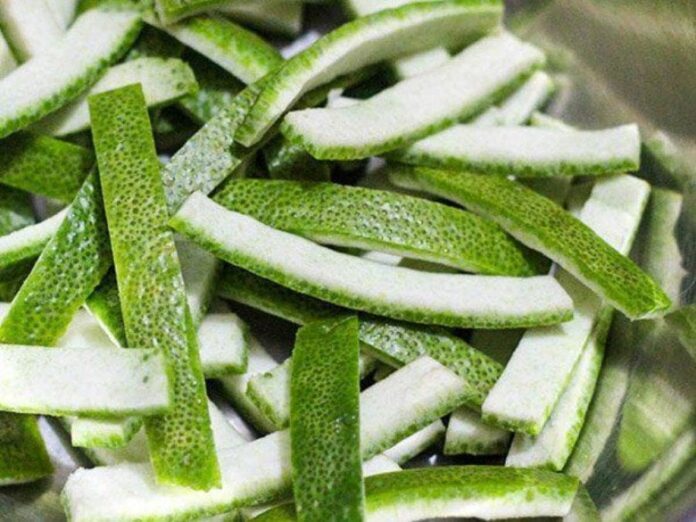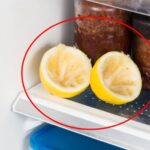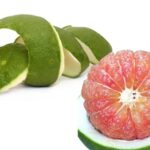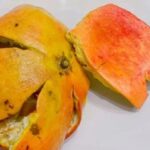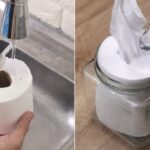Grapefruit peel has multiple uses, including as a hair cleanser to prevent hair loss, and as a jam or beverage to aid weight loss and lower blood fat and cholesterol. However, did you know that grapefruit peel can also be used to make a natural dishwashing liquid using this simple recipe?
The peel contains powerful essential oils that can be harnessed by soaking the peel in water. This creates an effective, eco-friendly cleaning solution that can replace your regular dish soap. It’s tough on grease yet gentle on your hands.
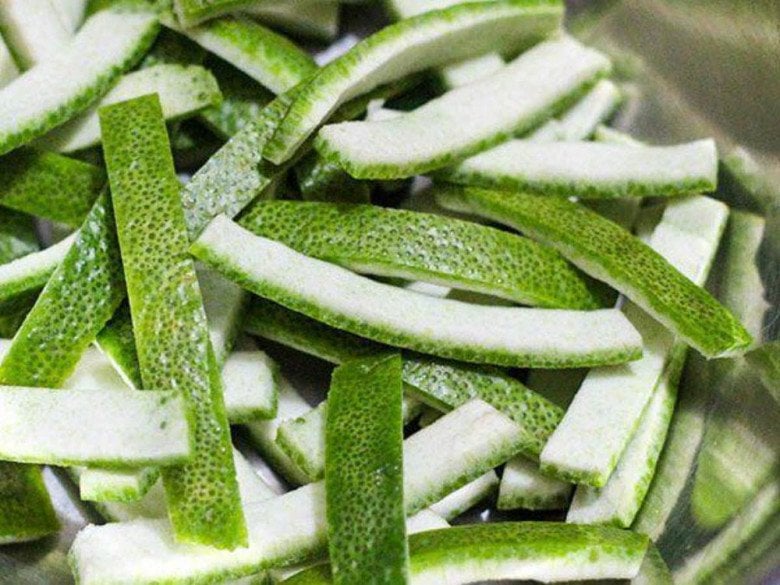
Steps to make a natural dishwashing liquid using grapefruit peel:
Cut the grapefruit peel into small pieces and place them in a glass jar with a tight-fitting lid. Add a few spoons of baking soda and pour in cooled boiled water until the jar is almost full. Secure the lid and store the jar in the refrigerator for about a week.
The essential oils from the peel will infuse into the water, and when combined with baking soda, create a powerful cleaning agent. This natural dishwashing liquid will effectively remove stubborn grease while being gentle on your skin.
Alternatively, you can simmer the grapefruit peel with sasa and Chinese soapberry until the liquid reduces and turns a deep black. Strain the cooled liquid and store it in a glass jar for future use. This concentrated solution can be diluted and used for washing dishes and utensils.
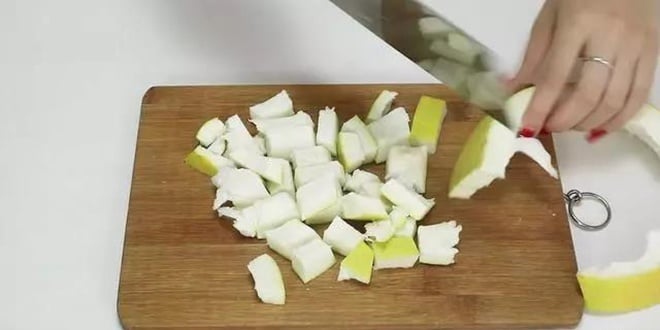
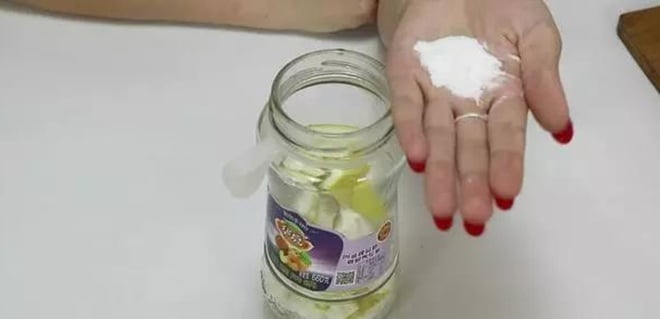
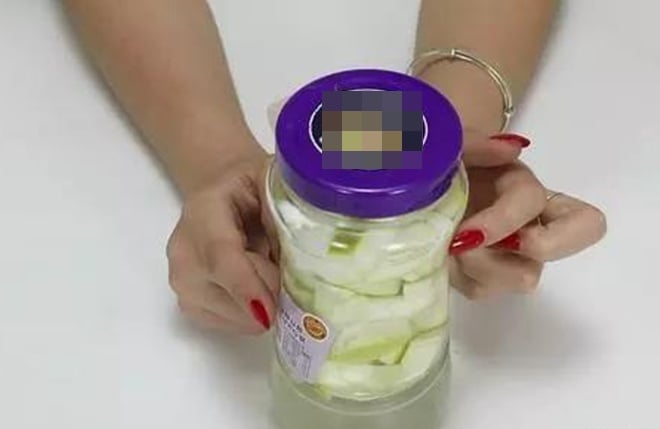
This natural cleaner can also be used to cut through grease on your gas stove and walls. It’s perfect for cleaning toilets, sinks, and countertops, leaving them not only spotlessly clean but also smelling fresh.
Other uses for grapefruit peel
– Odor neutralizer
The pleasant scent of grapefruit peel can effectively neutralize unpleasant odors. Placing it in your car, refrigerator, or bathroom can absorb and replace unwanted smells. Simply hanging the peel in your home will release its refreshing fragrance, creating a cleaner and more invigorating atmosphere.
– Eliminates fishy odors
The strong fishy odor that lingers on your hands after handling fish can be neutralized by rubbing them with crushed grapefruit peel. Boiling the peel and using the water to wash fish-related utensils will also remove any stubborn fishy smells.
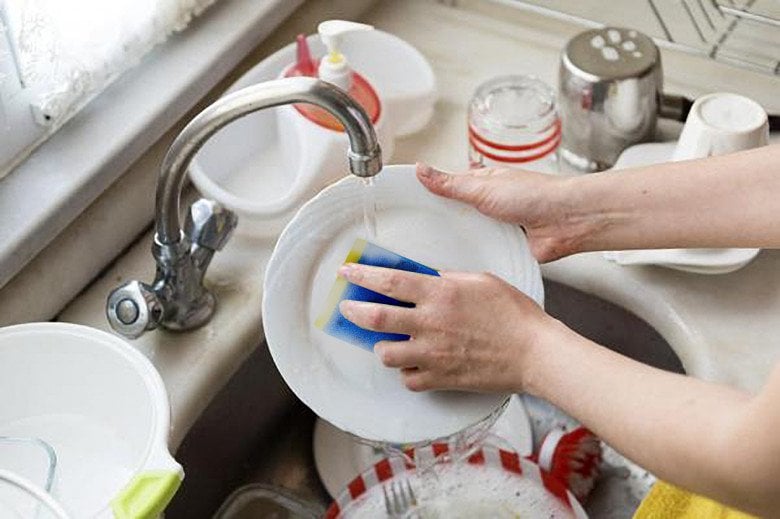
– Plant fertilizer
Grapefruit peel is rich in nutrients such as vitamin C, vitamin B6, potassium, and magnesium, which are beneficial for plant growth. To use it as a fertilizer, finely chop the peel and layer it with soil in a bucket or planter. Start with a layer of soil, then add a layer of peel, and repeat until you run out of peel or fill the container.
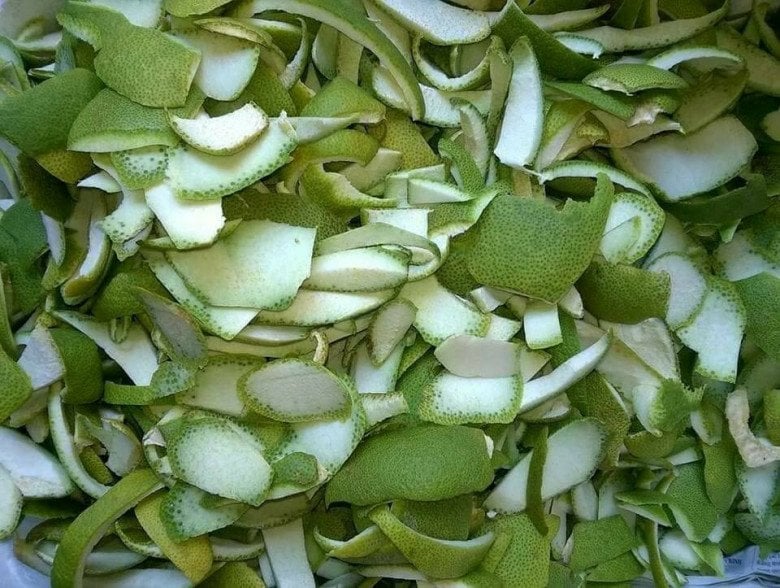
Moisten the layers with a small amount of water, cover the container, and place it in a sunny spot. After about three months, the peel will have decomposed into nutrient-rich compost, ready to be used as fertilizer for your plants. Alternatively, you can simply place the peel directly at the base of your plants.
As the peel decomposes, it not only enriches the soil but also releases citrus oils that help repel insects, creating a natural pest barrier for your plants.
According to Xe và thể thao
“Transform Pomegranate Peels: A 3-Day Vinegar Soak for Desirable Effects”
Immerse yourself in the world of pomegranates and unlock their hidden benefits. Discover the magic that lies within their ruby-red seeds by simply soaking their peels in vinegar. Uncover a whole new world of possibilities as you wait with bated breath for the transformative results that are sure to impress.
























